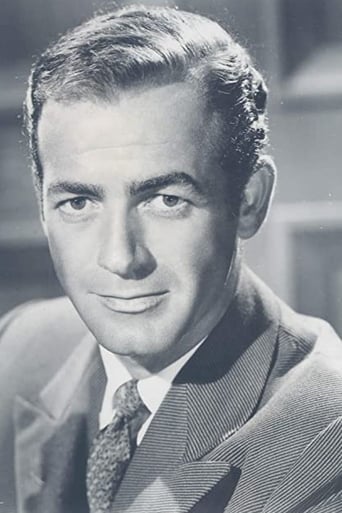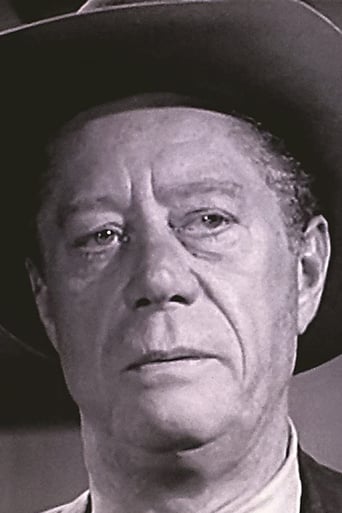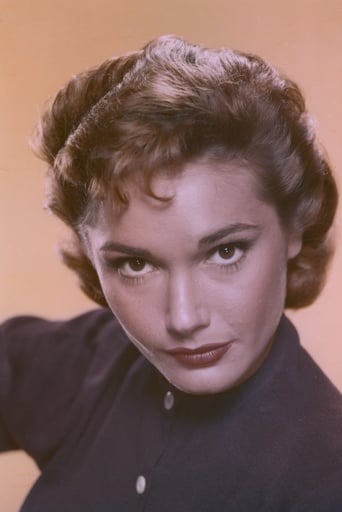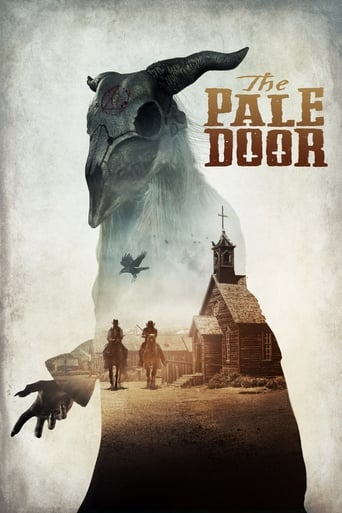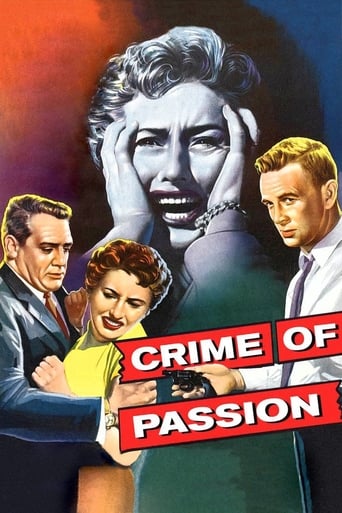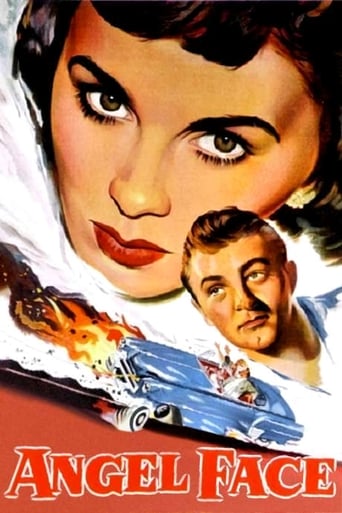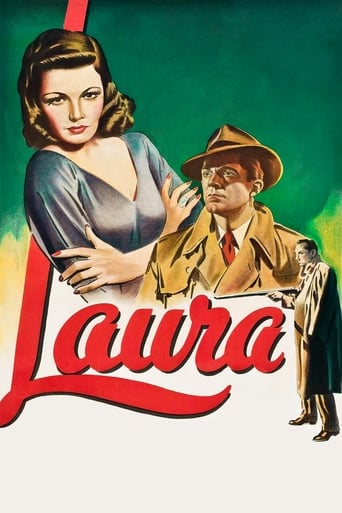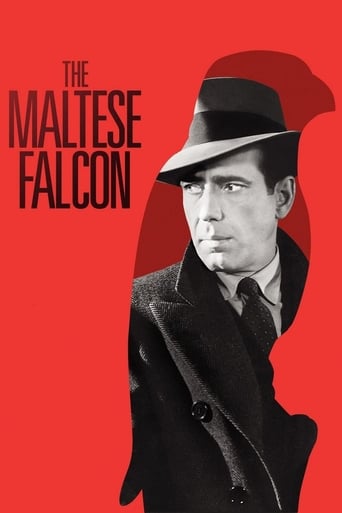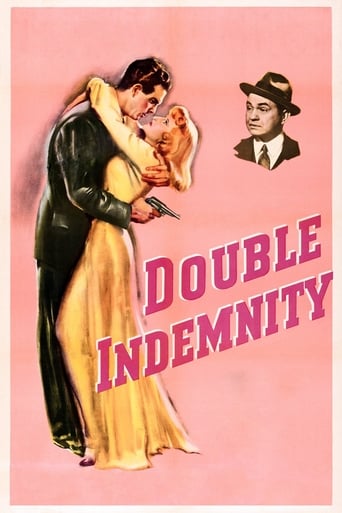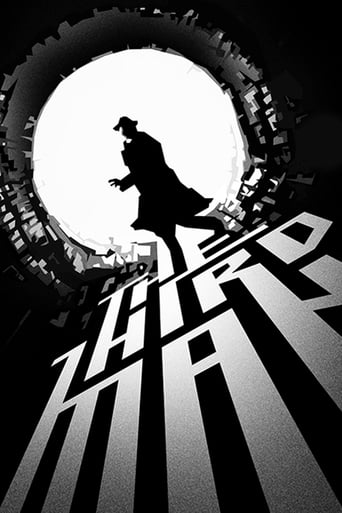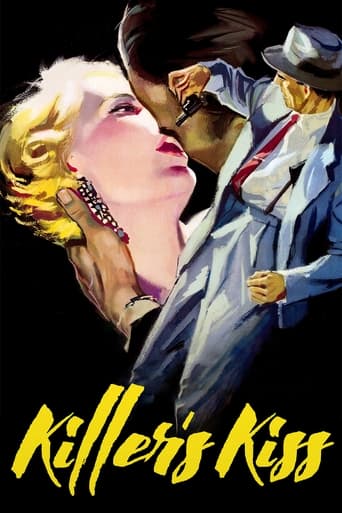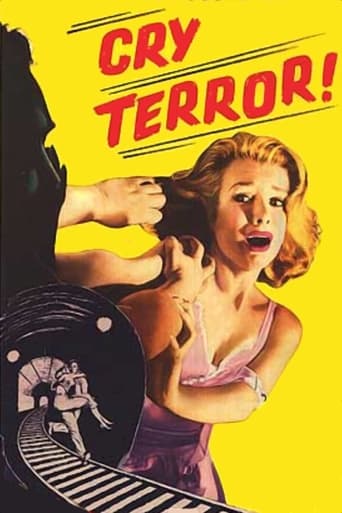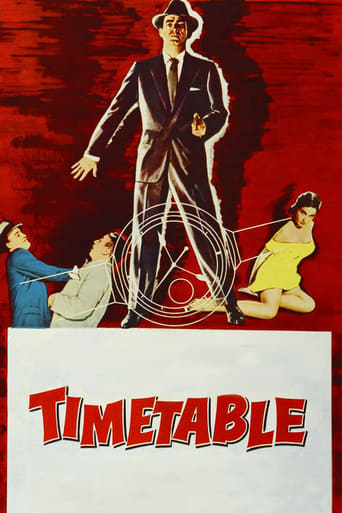
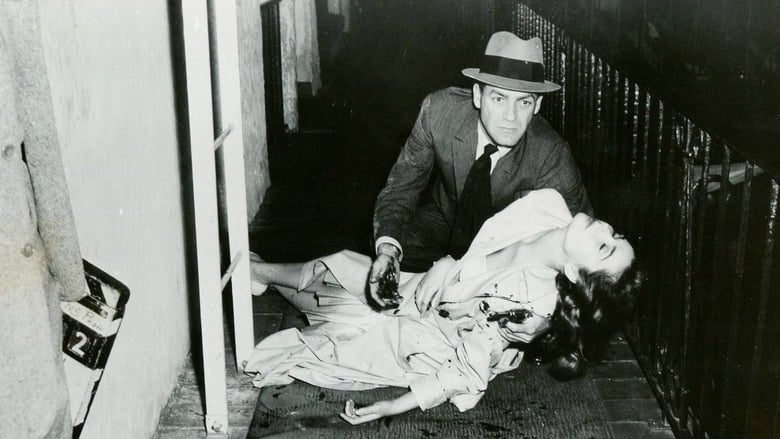
Time Table (1956)
An insurance detective encounters numerous surprises when he is assigned to investigate a meticulously-planned train robbery in Arizona.
Watch Trailer
Cast


Similar titles
Reviews
This seems relatively well regarded amongst my peers on the IMDb . TIME TABLE gets off to a relatively good start involving a heist on a train . It's not spectacular but is somewhat intelligent . Alas however you realise the reason it isn't spectacular isn't down to the film relying on smart scripting but something more pragmatic - it lacks a budget and this becomes infuriating . The camera constantly stays locked the actors on small sets that probably indicates it was shot on location , ie a scene is set in a motel and it looks like a motel interior too but it doesn't strike you as cinema verite but more like very cheap B movie cinema . This is reflected in scene following tedious scene without any incident except for the cops interviewing suspect after suspect . In order to bring any excitement to the proceedings the director Mark Stevens - who also stars in the lead role - has the most annoying and intrusive musical score drown everything out . There is a fairly exciting climax at the end but by this time I was probably beyond caring
"Time Table" is a rather forgotten crime film which was directed by and stars Mark Stevens—a very capable but mostly forgotten actor from the 50s and 60s. It's really a shame the film isn't seen and lauded, as it's quite good—especially since it has a very modest budget. I've never seen it on TV nor DVD but fortunately it IS in the public domain and is therefore available through archive.org—a website often linked to films on IMDb. Download a free copy and watch it—it's quite good.The film starts off wonderfully—with one of the most intelligently filmed heists I can remember. You really need to see it—and I don't want to spoil it by saying more about this. In the next scene, a couple are talking about their upcoming and much-needed vacation to Mexico when the phone rings—the husband (Stevens) is needed at once. It seems he's an investigator for the insurance company covering the heist—and they want him to look into it ASAP. This means the vacation is on hold.When the investigation begins, it's quite obvious that the crime was very, very professional and was carried out with attention to every detail. However, during the robbery, somehow one of the gang was injured—and this might be the lead they need to break the case. But, in a WONDERFUL twist, the audience soon learns that there is so much more to the story than anyone has anticipated and the identity of the big brains of the operation is quite the surprise. I'd say more but don't want to spoil it.Some might consider this film to be an example of Film Noir. Well, it is a crime film from the 1950s and is pretty unflinchingly violent in places. However, the film lacks the snappy dialog and cinematography you'd expect for Noir. I personally like the way the movie was handled, as it seemed more realistic than Noir—like you were watching a real investigation unfold. Fascinating throughout.
Aboard a train slicing through the Southwestern night, the conductor summons a physician (Wesley Addy) to aid a passenger who has taken ill. `Polio' is his verdict, and he orders an unscheduled stop, so the patient can be taken by ambulance to a the nearest hospital. But first he must retrieve medical supplies from the locked baggage car. These supplies turn out to be a gun, three hypos to subdue the crew, and an explosive to relieve the safe of half a million dollars. When the train makes its stop, the doctor and his cronies vanish with the loot. Back in Los Angeles, news of the robbery puts a crimp into insurance investigator Mark Stevens' plans for a holiday south of the border with his wife (Marianne Stewart). He feigns disappointment, but isn't all that surprised, since he masterminded the whole thing. Apparently deep in a dilly of a midlife crisis, he dreamed up this get-rich-quick scheme, on the proceeds of which he would leave his wife and abscond to Mexico with one of his partners in crime, Felicia Farr (who, off screen, would become Jack Lemmon's long-time spouse). But he hadn't counted on two factors: That fate would disrupt his meticulously plotted timetable, and that his partner in the investigation would be meticulous old pro King Calder....Stevens' career as actor reached in high-water mark with The Dark Corner and The Street With No Name in the late 40s. In the 50s he turned his hand to producing and directing his own vehicles. The first, Cry Vengeance, was a pretty blatant knockoff of The Big Heat (and the camera was unkind to him), but Timetable, two years later, proves much better. Starting out as a clockwork heist movie, it quickly turns character-driven and wholly unsentimental. In his dual role as director and star, it's certainly Stevens' finest hour, anticipating, in its final Tijuana-set scenes, some of the corrupt, tourist-trap seediness of Touch of Evil.
This is a neat, no-frills thriller about an intricately planned train heist, the turbulent insurance investigator assigned to the case, and his hard-nosed boss whose motto is "There's no such thing as a perfect crime." Filmed in the flat, greyish TV style of the 50s with occasional expressionist touches, it is rife with plot twists and intriguing characters, and features a supporting cast of familiar faces (Alan Reed, Jack Klugman, etc). It should appeal to those who prefer story over stylishness. Tough-guy Stevens starred in several top-notch noirs of the 40s, and directed a couple of good second-feature thrillers in the 50s, including Cry Vengeance.


